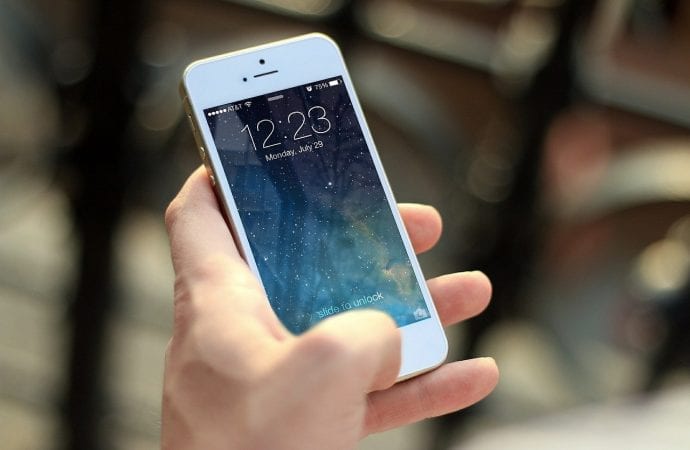The archbishop informs that cell phones cannot be used to administer the sacraments

Administration of the sacrament of mobile reconciliation is inadmissible under church teaching, said the president of the United States Bishops' Divine Worship Committee.
In a note of March 27 to his fellow bishops, Archbishop Leonard P. Blair of Hartford, Connecticut, said he was informed by Archbishop Arthur Roche, secretary of the Congregation for Divine Worship in the Vatican, who use cell phones for the sacrament guaranteed a threat against the seal of confession.
Using a cell phone to help amplify the voices of a confessor and a penitent who can see is also not allowed, the memo said.
Blair also said in the note that as regards the anointing of the sick, duty cannot be delegated to someone else, such as a doctor or nurse.
Citing the catechism of the Catholic Church, Blair noted, however, that when it is not possible for a priest to administer the sacrament of reconciliation, someone should seek absolution from sin by offering a "perfect contrition, coming from the love of God."
This contrition, the catechism continues, "expressed by a sincere request for forgiveness ... and accompanied by" votum confessionis ", that is, by the firm resolution to resort to sacramental confession as soon as possible, obtains forgiveness of sins, even mortal. "
Blair wrote that the same standard can be applied to the sacrament of the sick.
Questions about such practices have arisen in response to recent circumstances resulting from the expansion of coronavirus transmission.
In the archdiocese of Portland, Oregon, a priest who was forbidden to visit inpatient patients in isolation contacted a COVID-19 hospitalized patient by phone who was on a ventilator and whose family had asked the religious to administer the last rites. The priest guided the patient through the process of an act of contrition and a prayer for forgiveness.
Elsewhere, on March 25, Bishop Mitchell T. Rozanski of Springfield, Massachusetts, allowed nurses to administer holy oil to seriously ill patients as long as an assigned Catholic hospital chaplain was standing out of bed or out of a patient. The policy allowed chaplains to offer prayer via cell phone to patients who were on alert.
Rozanski canceled his decision on March 27 and told priests that he had suspended the sacrament of the sick throughout the diocese.